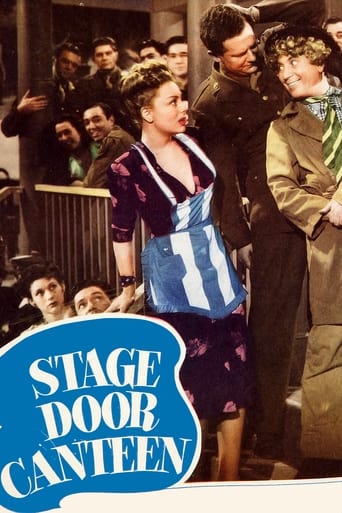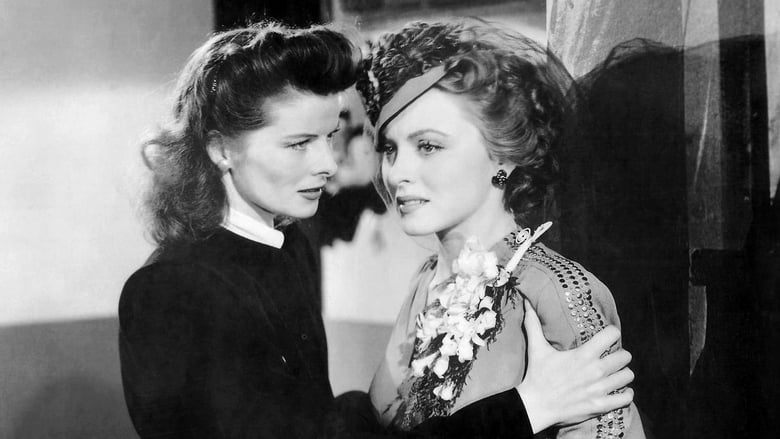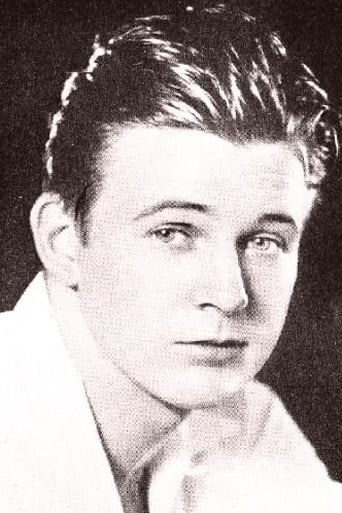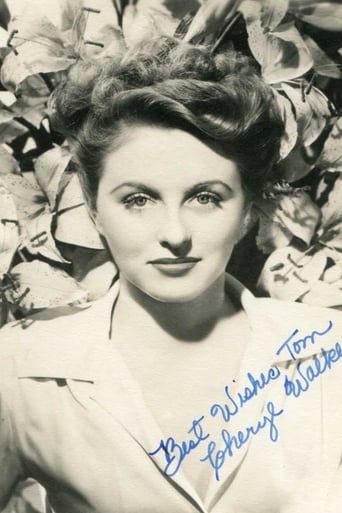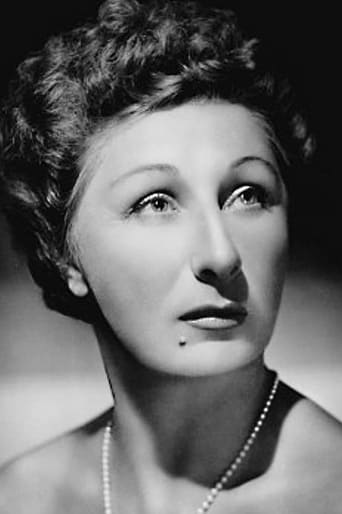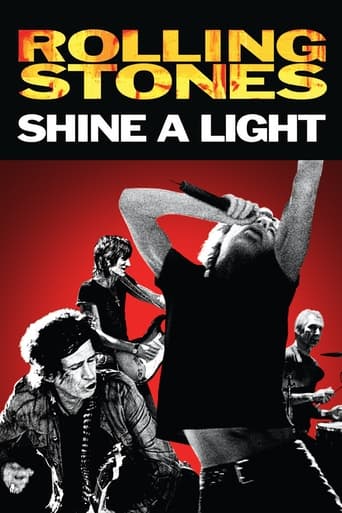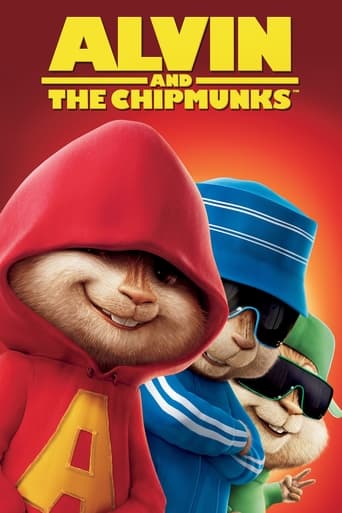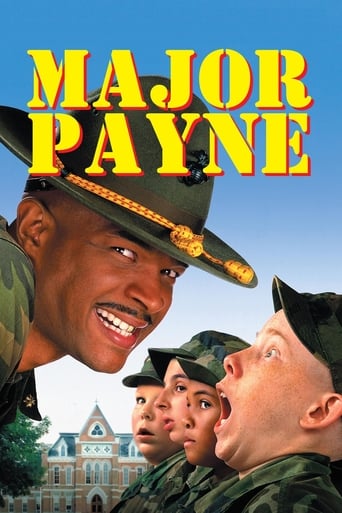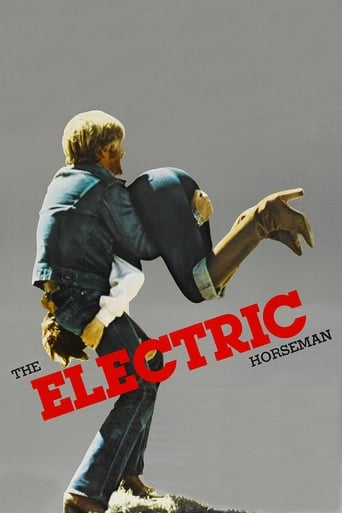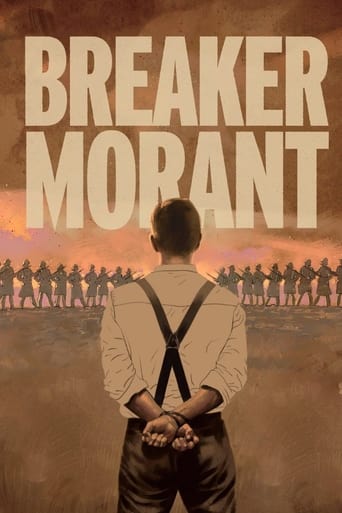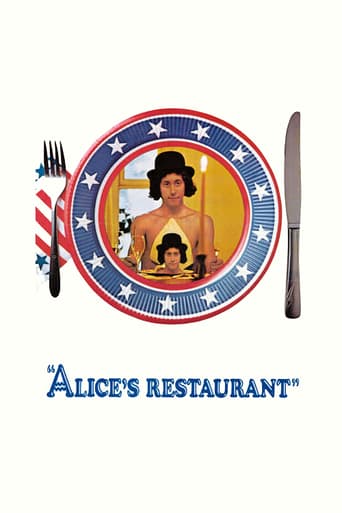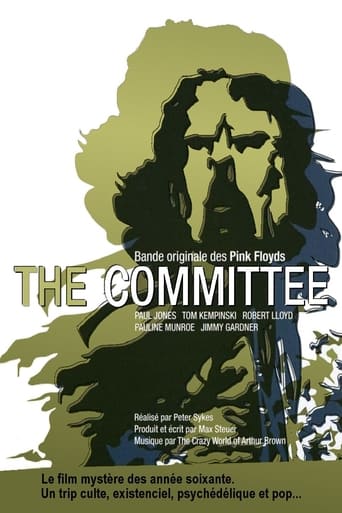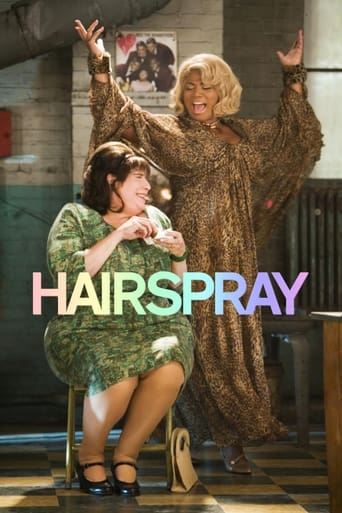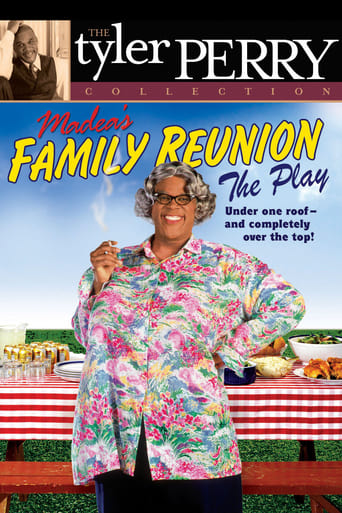Stage Door Canteen (1943)
A young soldier on a pass in New York City visits the famed Stage Door Canteen, where famous stars of the theater and films appear and host a recreational center for servicemen during the war. The soldier meets a pretty young hostess and they enjoy the many entertainers and a growing romance
Watch Trailer
Cast


Similar titles
Reviews
Memorable, crazy movie
hyped garbage
A Masterpiece!
A great movie, one of the best of this year. There was a bit of confusion at one point in the plot, but nothing serious.
STAGE DOOR CANTEEN (United Artists, 1943), produced and directed by Frank Borzage, is not a sequel to the 1937 classic, STAGE DOOR, starring Katharine Hepburn. Though Hepburn does appear in this wartime musical with a huge all star cast, her role very much is brief, nearly coming towards the bitter end where she does her brief dramatic turn opposite the lead actress, Cheryl Walker. Following the tradition of other studios featuring all-star casts that started with STAR SPANGLED RHYTHM (Paramount, 1942), followed by a similar structure with HOLLYWOOD CANTEEN (Warner Brothers, 1944), United Artists contributed its services with STAGE DOOR CANTEEN with a handful of popular star performers of the day, ranging from motion pictures, theater or radio, entertainers doing either brief cameos or participation in a song or two, as part of the entertainment effort for the soldiers on leave during World War II. The thin plot opens with Army soldiers on a train heading for an unknown destination. The soldiers in question are Ed "Dakota" Smith (William Terry), Jack "California" Gilman (Lon McCallister) who has never kissed a girl; "Texas" (Michael Harrison), "Jersey" Wallace (Fred Brady) and The Australian (Patrick O'Moore). Entering New York City for some recreation, the soldiers enter the Stage Door Canteen where they encounter many entertainers and working girls, one named Eileen (Cheryl Walker), who, at the risk of her losing her job, becomes a romantic interest with one the soldiers. Also in the story cast are Marjorie Riordan (Jean); Dorothea Kent (Mamie); Marion Shockley (Lillian) and Margaret Early (Ella Sue). With plenty songs taking up much of the proceedings, the motion picture soundtrack and participants are as follows: "The Machine Gun Song" and "Our Father Prayer (both sung by Gracie Fields); "A Rookie and his Rhythm" and "Sleep Baby Sleep" (Kay Kyser Band); "The Girl I Love to Leave Behind" (Ray Bolger song and tap dance); "Goodnight, Sweetheart" (instrumental); "Sing Hallelujah" (Ethel Merman); "Bombshell from Brooklyn" (Xavier Cugat and Orchestra/Lina Romay); "U.S. Marine Song," "Sleep Baby Sleep" (Guy Lombardo and his Orchestra); "Goodnight, Sweetheart" (Kenny Baker); "Quicksand" (Ethel Waters); Gypsy Rose Lee specialty; "Don't Worry Island" (Freddie Martin and his Orchestra); "The Chinese Fighting March," "Old Acquaintance" (Guy Lombardo and his Orchestra); "We Mustn't Say Goodbye" (Kenny Baker); "Get Outta Here and Give Me Some Money" (Benny Goodman Orchestra/sung by Peggy Lee); "Heartful of Music" (instrumental, Benny Goodman Orchestra); Franz Shubert's "Ave Maria" (violin playing by Yehudi Menuhin); "The Flight of the Bumble Bee" and "Goodnight, Sweetheart." Of the handful of tunes, "We Mustn't Say Goodbye" got an Academy Award nomination as Best Song of 1943, though "Sing Hallelujah" and "Sleep, Baby, Sleep" are much more memorable. Notable scenes include Katherine Cornell reciting her scene from "Romeo and Juliet," Alfred Lunt and Lynn Fontanne in rare screen appearance; George Jessel talking to his family in telephone booth between musical segments; and Hollywood in-joke on the movie's Tarzan, Johnny Weissmuller, being more natural by taking off his shirt while washing dishes in the kitchen with Franklin Pangborn; and of course Harpo Marx, of Marx Brothers fame, silently honking and chasing a girl. With the guest stars too numerous to mention, with Bert Lytell and Allen Jenkins acting as individual masters of ceremonies, other star performers inlude Tallulah Bankhead, George Raft, Helen Hayes, Merle Oberon, Aline MacMahon, Paul Muni, Ned Sparks and many others. Since Frank Borzage is known for his sentimental touches, STAGE DOOR CANTEEN takes time away from song interludes for some serious moments involving the girl loving soldier theme; Sam Jaffe talking with refugees, and Katharine Hepburn being serious while consulting with Eileen's (Cheryl Walker) problem. In spite of its great length (132 minutes) and the sort of wartime musical that cries for Technicolor, STAGE DOOR CANTEEN, especially with its star cast, simply reflects the times when ll Americans stood together as one during the war years. As being the sort of movie for the time capsule, it's no doubt highly entertaining, especially when movie star searching is concerned. Being a public domain title, it's become available on video cassette and public television dating back to the 1980s, followed by years later on DVD. It also has had its broadcasts on cable television, notably on American Movie Classics (1989-1990) and Turner Classic Movies. (***1/2)
. . . of an American Serviceman Holding a Rotten Orange" scene that can be glimpsed during SAVING PRIVATE RYAN's recreation of the Normandy D-Day Invasion. It turns out that these few Micro-seconds of Gruesome Handage are the proverbial "rest of the story" provided by RYAN director Steve Spielberg to the famous ROMEO AND JULIET interchange which begins this Tragic Tale of Woe from 15:28 to 17:08 of STAGE DOOR CANTEEN. Newly Boot-Camped High School Leotard Boy Jack "California" Gilman holds up his chow line in the canteen to dither over an aging stage actress who once played Ms. Capulet. When this seasoned matron gives him a "parting gift" of an orange, Jack vows to keep the perishable citrus fruit on hand till death do them part. Jack's ludicrous pledge festered in Spielberg's imagination for decades, finally germinating into his Stephen King wrinkle along Omaha Beach. Certainly one must hand kudos to Spielberg for verisimilitude here, as Jack's heirloom orange continues to dwarf his Itty Bitty detached Drama Club Appendage even in its withered state. It's too bad that Jack did not have a Real Estate Mogul Daddy to buy a doctor's note giving him a "4F" Get-out-of-the-Draft-Card in War Time due to his under-sized hands, a trick which worked for alleged U.S. President #45.
"Stage door canteen" belongs to Borzage's patriotic movies .But unlike the obsolete "flirtation walk" and "shipmates forever" ,and though its very nature makes it a dated work,it nonetheless represents an inestimable time capsule.Delmer Daves' screenplay blends the story of several soldiers about to leave for war with numerous acts (singers,musicians,conjurers,ventriloquists) and a cast of thousands ,some of whom just appear a few seconds (Weissmuller) .Borzage's touch can be felt in these "shining hours " and,although the canteen is a place where the soldiers are having fun, death is present ,notably in the scene in which the girls read a letter in their room or in the words the young Russian woman utters .A sublime scene shows Katharine Cornell and a soldier playing a scene from "Romeo and Juliet" .Although a rather long movie,"stage door canteen" is never boring ,often very moving, and we do care for these young men ,the big brothers of the boys of "no greater glory".
The wonderful music, the fine entertainment, the inter-personal camaraderie, and the unsure times of the young soldiers heading off into a war from which they may not return, is told with compassion, good clean humor, and passion of the heart. There were at least 4 times during the watching of this film that my wife and I were misty-eyed because of reverence shown. What a moving tribute to our young men who put their lives on the line for us, so that we can enjoy the freedoms we have all come to take for granted. It reminds us that we should all bow our heads daily and pray for our soldiers fighting and dying terrible deaths in foreign lands like these very appreciated men were about to do. What a grand example this film gives us of our country standing shoulder-to-shoulder with our fighting men. We should take this all to heart and put into use this fine example today.

